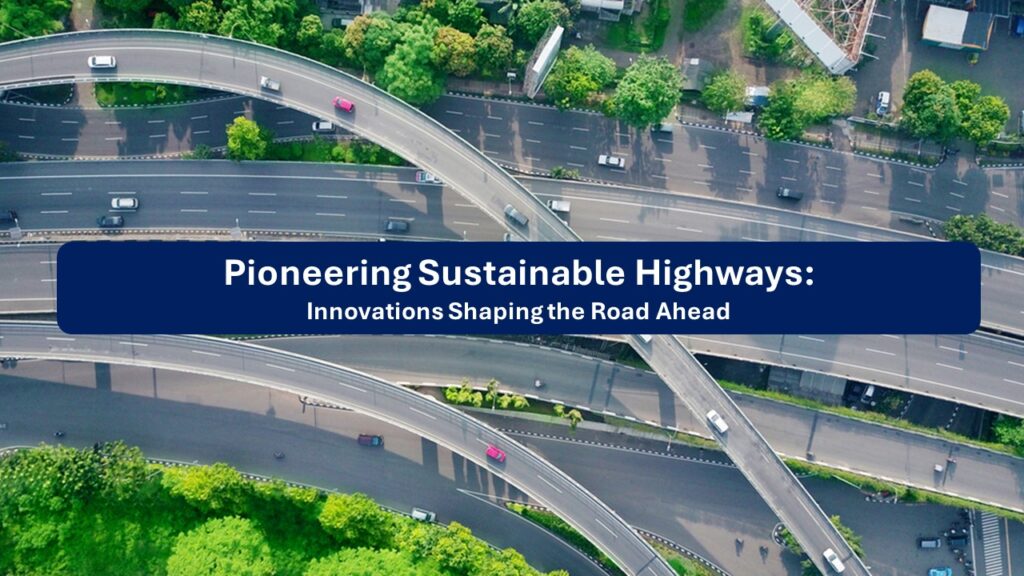Road transport serves as the lifeblood of India’s economy, facilitating the movement of approximately 87% of our total passenger traffic and over 60% of freight. With a sprawling national highway network spanning 1.46 lakh km — the second largest globally — the imperative to render this infrastructure environmentally sustainable has never been more pressing. This responsibility extends beyond governance; now, corporates and nations are increasingly focusing on actionable metrics, driving tangible efforts towards sustainability. Recently, the NHAI convened a workshop on this pivotal topic, featuring panel discussions with officials and industry experts.

In essence, sustainable highways transcend conventional notions of green initiatives. It involves leveraging advanced technologies for real-time monitoring and mitigation of emissions, adoption of greener and cleaner fuels, and implementation of systems that can significantly reduce the environmental impact. By integrating innovations such as connected vehicle technology, electrification, and alternate fuels, we can revolutionize the way our highways operate, making them more environmentally friendly and efficient.
1. Monitoring and Sustainable Improvement: Central to sustainability is the ability to measure and monitor vehicle emissions. Vehicle telematics, leveraging IoT and AI, not only facilitate accurate measurement but also offer the scope for proactive improvisation. Through real-time data analysis, we can identify emission patterns, enabling preemptive maintenance to ensure vehicles operate cleanly and efficiently, promoting eco-friendly practices.
2. Electrified Transportation: The momentum behind EVs is reshaping the landscape of public and commercial transport. India is working on a transformative plan to replace 800,000 diesel buses with electric ones, marking a significant stride towards reducing carbon footprint and dependence on fossil fuels. This transition extends beyond buses to encompass LCVs and trucks, heralding a new era of sustainable mobility on our highways.
3. Exploring Alternative Environment-friendly Fuels: Embracing alternative fuels is key to diversifying and reducing the environmental impact of transportation. Beyond electrification, options like CNG, LNG and hydrogen offer promising alternatives. Piloting projects focused on the production and infrastructure for these fuels are essential steps towards a more sustainable future.
India’s highways represent a pivotal economic artery. By judiciously deploying technology and embracing innovative solutions, we can not only render them sustainable but also future-ready, ensuring continued prosperity while safeguarding our environment for generations to come.
